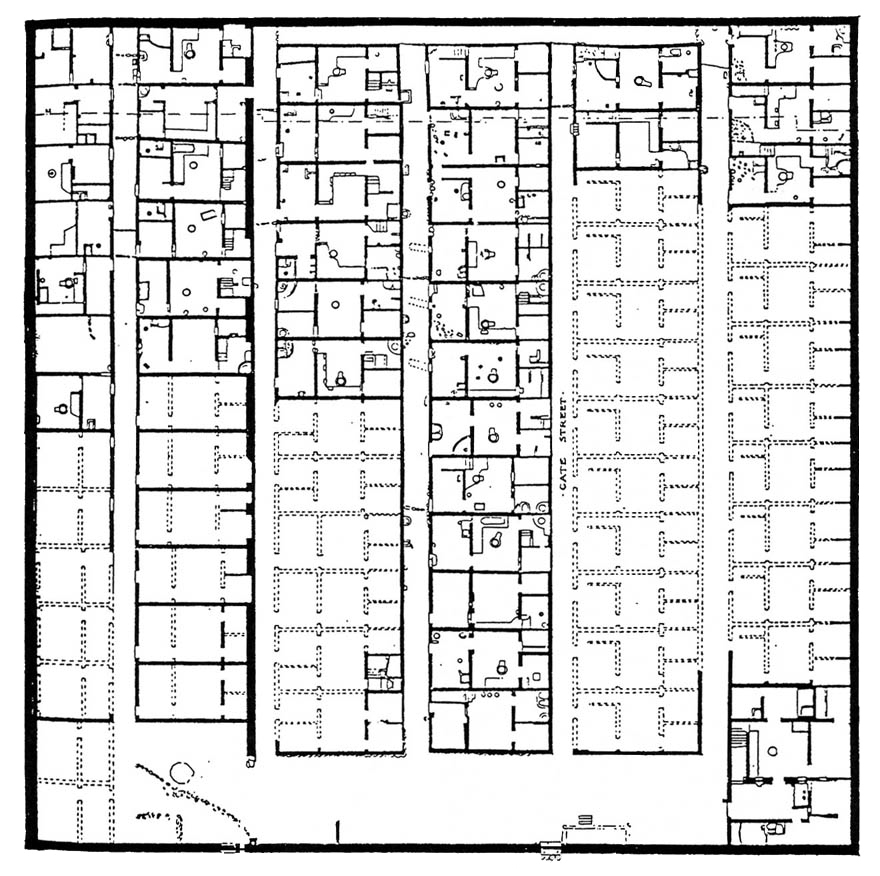
01
AprARCE-NY: Streets in Ancient Egypt: An Archaeology of In-Between Space by Uroš Matic
Registration is Required
In Association with the Salmagundi Club in NY
- 6:00 PM - 7:30 PMNew York
- In-PersonThe event will be at the Salmagundi Club at 47 Fifth Ave. at 12th Street.
- + Add to Calendar
Lecture Information

In recent decades, Egyptian archaeology has increasingly focused on the study of ancient Egyptian settlements from various periods of pharaonic history. However, the streets in these settlements have often been overshadowed by studies concentrating primarily on the interiors of buildings, particularly domestic spaces. This is due to the misconception that ancient Egyptian streets were merely transitional spaces—passageways where little activity took place. However, textual sources contradict this view, suggesting that streets were vibrant spaces of dynamic social interaction, including activities such as sex work and robbery.
This talk challenges the notion that ancient Egyptian streets were purely transitional spaces by applying an interdisciplinary approach that integrates archaeology, spatial analysis, textual sources, and ethnography. Examining settlements from the Middle Kingdom (ca. 2055–1650 BCE), Second Intermediate Period (ca. 1650–1550 BCE), and New Kingdom (ca. 1550–1069 BCE)—including Abu Ghalib, Tell el-Dab‘a, Lahun, Elephantine, and Amarna, new light is shed on the nature of ancient Egyptian street life.
Speaker Bio

Dr. Uroš Matić is a senior fellow at the College for Social Sciences and Humanities of the Ruhr University Alliance in Essen, Germany. He specializes in war and violence in ancient Egypt, as well as settlement and gender archaeology. Matić obtained his PhD in 2017 from the Institute for Egyptology and Coptic Studies at the University of Münster, Germany. He is currently conducting the project Space of Fear: An ANT Approach to Intimidation in New Kingdom Egyptian Palaces (ca. 1550–1070 BCE) in Essen. Previously, he was an assistant professor at the Institute for Ancient History and Ancient Near Eastern Studies at the University of Innsbruck, Austria, and a lecturer at the Institute of Classical Studies at the University of Graz, Austria.
He has also lectured at the Universities of Vienna and Münster and worked for the Austrian Archaeological Institute of the Austrian Academy of Sciences. Matić has extensive fieldwork experience in Egyptian settlement archaeology, including work at sites such as Tell el-Dab‘a, Aswan, and Kom Ombo.